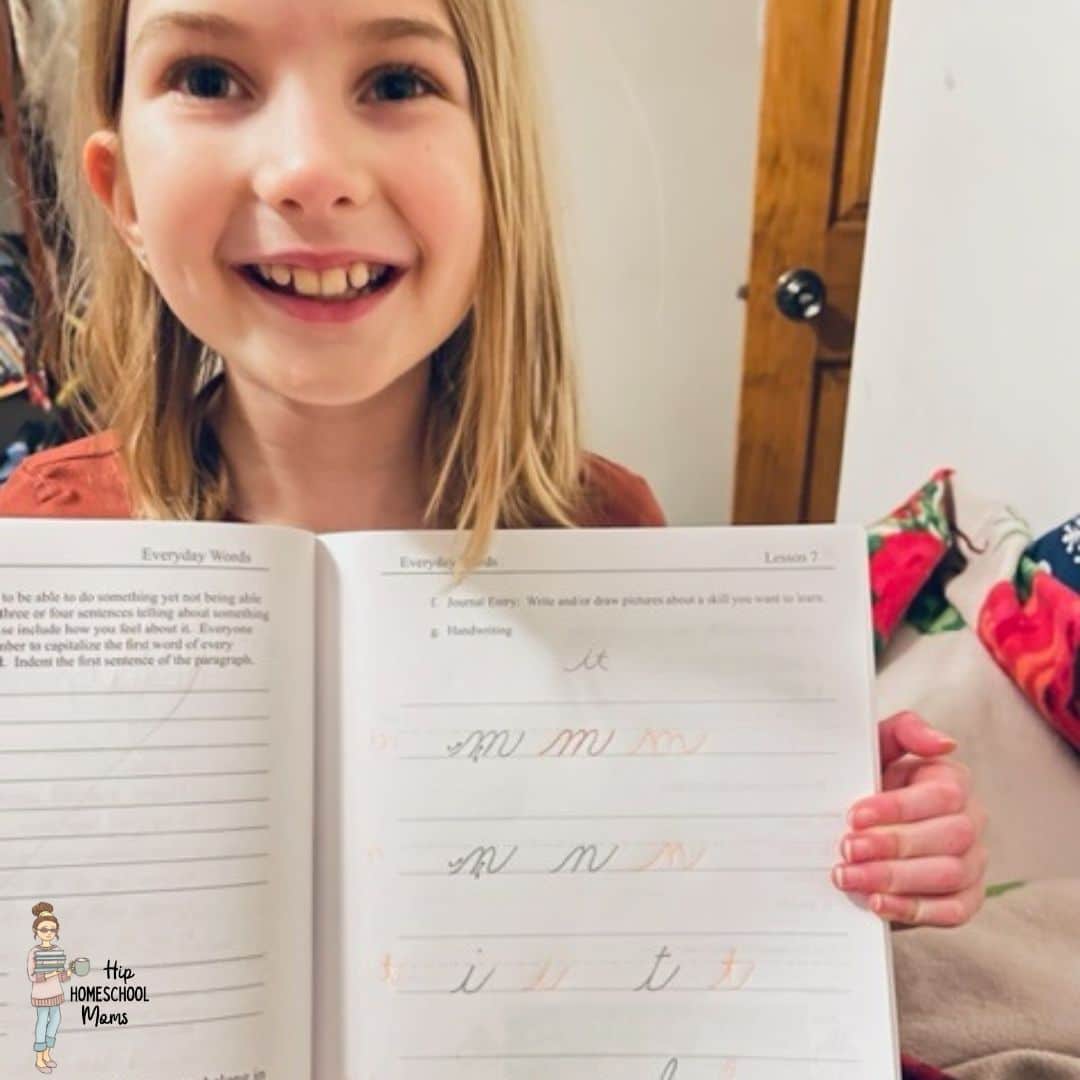Dear Mom Who’s Considering Homeschooling: Identify Your Reasons for Homeschooling
If you are a mom who’s considering homeschooling, this series of posts is for you! The first post in this series talked about the need to learn about your state’s homeschool laws and how to do that. When I talk to moms who are thinking about homeschooling, I always tell them the first thing they need to do is identify the laws in their own states. If they don’t know the laws, they can’t begin to plan to fulfill the requirements in their states, and it’s very important to do that!

Another thing that is very helpful (even though many homeschooling families don’t do it) is to identify your reasons for homeschooling. Some people might call this creating a homeschool mission statement. While this isn’t a legal requirement, it can very definitely help as you begin looking at curriculum, subjects you want to teach, and what kinds of homeschool-related activities and homeschool support groups you want to become involved with. Don’t think of it as an “extra” step or as something that will take up time. Think of it as the “backbone” for your homeschool. If you have a good idea of the reasons why you homeschool and the outcomes you wish to have, it will help you choose curriculum, decide whether or not to join support groups and/or co-ops, choose what field trips and outside activities to get involved in, and make lots of other important decisions about your homeschool.
One of the Hip Homeschool Moms, Danielle, had this to say about identifying her reasons for homeschooling, “I was blessed with a mentor who helped me zero in on why we wanted to homeschool in the first place, what that meant for our family, and what kind of kids we wanted when we were ‘done.’ When we had identified those things and had a kind of mission statement in place, we could move on to choosing curriculum, choosing methods, finding learning styles, etc. I know we ended up choosing wildly different curriculum and styles after we wrote those things down than what I thought I wanted to use in the beginning!!”
Your mission statement doesn’t have to be formal or even very long. It simply has to do with, as Danielle stated, why you want to homeschool and what you want the outcome to be. For instance, many homeschooling families (but certainly not all of them), homeschool for religious purposes. These families want to teach their children to love God, serve others, perhaps memorize Bible verses and participate in missions opportunities, etc. For those families, it would be very reasonable to choose to be actively involved in a religious-based homeschool support group (or possibly a co-op), to use Bible-based curriculum, to plan weekly or monthly outreach activities either themselves or through their church, and to use Christian literature for reading/lit classes.
If you homeschool for non-religious reasons, you may choose to use secular curriculum, participate in a secular homeschool support group or co-op, and use literature that is not religion-based. You may choose to do service projects that are not through a church but are through your support group or other non-religious organization. In short, your homeschool will look different, in at least some ways, than a religion-based homeschool.
Of course there are lots of other reasons for homeschooling too. Some families (like mine) have special needs children whose needs were not being met at school. Some families travel a lot, and they homeschool in order to have a more flexible schedule and spend more time together as a family. Some homeschool so that their children can spend more time on sports training and still have some free time. (Instead of having to spend all day in school and all evening at tennis or swim lessons, for example.) Others simply want their children to learn in an environment that is safe.
Make a List
The first thing we did as we began the process of writing our family’s mission statement was make a list of some of the important things we wanted included in it. For example, you might include things like:
- Why are we homeschooling? (For religious reasons, in order to meet special needs, because we travel a lot, etc.)
- How do we want to homeschool? (Do we need a flexible schedule or a more rigid schedule? Do we want to allow the students lots of freedom to do delight-directed studies, or do we want to follow a more traditional scope and sequence? Will Mom do most of the teaching? Will the students be expected to work independently with only guidance from Mom and/or Dad?)
- What academic goals do we want our children to meet?
- Do we want to include life skills, extra-curricular activities, and/or sports in our homeschool?
- Do we want to have our children participate in missions or volunteer opportunities in the community?
Of course you will want to make your list fit your own family, but these are some ideas to get you started.
Jot Down a Few Sentences
After we made our list, we discussed each point and wrote down a sentence (or two or three) about how we plan to carry it out. This was very helpful!
For example, under “Why are we homeschooling?” we included: (1) For religious reasons. We feel like God called our family to homeschool, and we are being obedient to Him. (2) In order to meet the academic, social, and emotional needs of our child with autism. (3) Because we want to be able to keep a flexible schedule. When it’s a beautiful day outside, we want to be free to go outside and enjoy it! When our church needs volunteers at our food mission, we want to be able to take a day off school in order to help out however we’re needed. (4) We want our children to be free to dive deeper into topics of interest.
Create Your Mission Statement
Then we used the sentences to form a paragraph containing our family’s mission statement.
In our homeschool, we will love God and each other. We will learn how to learn and how to be life-long learners. We will love and serve others through volunteer opportunities and mission work. We will maintain a flexible schedule in order to be available to those in our community who need our help and to go on field trips. We will participate in extra-curricular activities (such as art, piano, and tennis). We will also learn to take care of the house, to shop and cook nutritious food for the family, to take care of the yard, to maintain a car, and to keep up with finances.
I hope you will take the time to go through this short process and create a mission statement for your homeschool. It may not seem like it now, but your mission statement will help keep you on track during your homeschooling years. It will help you stick to your goals, weed out things that won’t help you meet your goals, and focus your attention on what will benefit your children during these important years. It will help you determine what subjects to teach and whether to participate in certain extra-curricular activities. It will give you peace of mind knowing that you have specific goals in mind and that you have a plan to reach those goals. Just be sure to post it someplace where your family will see it often and be reminded of your goals.
I pray that this is a blessing to your family and that it will help you feel confident, purposeful, and capable as you homeschool!









Great ideas! I have to say I honestly didn’t do none of the above when I started. Wished I had though. As a working mom I really had to think through the semantics of this. So we started in the summer to ‘try out’ homeschooling while both my husband and I worked. We also had to work out childcare, the cost of having someone come in for several hours out of the week and such. I did no planning for this ahead of time. Luckily, it wasn’t a disaster and we worked out challenges as we went. However, I always knew why I decided to homeschool…my 10 year old son begged me to.